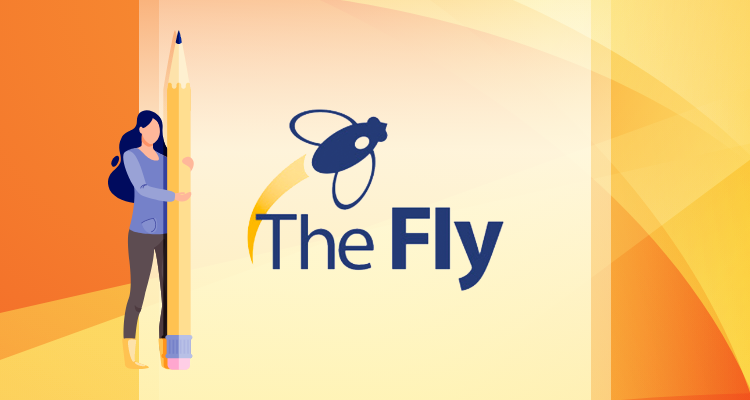FibroBiologics (FBLG) announced new findings from its artificial thymus organoid program. Recent results from the artificial thymus organoid program showed that fibroblasts and thymus-derived cell organoids can persist and function for over 50 days post-transplantation, with vascularization and the generation of a diverse array of mature T cells in animal models. The artificial thymus organoid has shown an ability to support distinct vascularization, critical for sustained functionality in vivo, while producing fully mature T cells expressing T cell receptors. Fully mature T cells differentiate into various types of cells, including CD4, CD8, T-regulatory, and gamma delta T cells, and contribute to a well-rounded immune response. The artificial thymus organoid also produces T cells with diverse TCR-beta chains that enable the recognition of a broad spectrum of antigens.”This data further supports our unique approach to using fibroblast-based organoids as potential therapeutics. Our findings to date underscore the potential of our artificial thymus organoid to restore and enhance immune function,” said Hamid Khoja, Ph.D., Chief Scientific Officer. “The diverse TCR-beta repertoire, in combination with extended organoid functionality and vascularization, may provide an effective immune support platform for patients facing immune dysregulation, such as those with age-related immune decline or who have undergone chemotherapy. We are excited by this prospect and will continue our work to advance this technology toward clinical application.”
Maximize Your Portfolio with Data Driven Insights:
- Leverage the power of TipRanks' Smart Score, a data-driven tool to help you uncover top performing stocks and make informed investment decisions.
- Monitor your stock picks and compare them to top Wall Street Analysts' recommendations with Your Smart Portfolio
Published first on TheFly – the ultimate source for real-time, market-moving breaking financial news. Try Now>>
Read More on FBLG:
- FibroBiologics, Charles River establish master services agreement
- FibroBiologics issued patent for fibroblast delivery of tumor inhibitory agents
- Maxim starts FibroBiologics at Buy, sees fibroblast therapy as ‘more potent’
- FibroBiologics initiated with a Buy at Maxim
- FibroBiologics engages Southern Star Research as CRO in Australia









